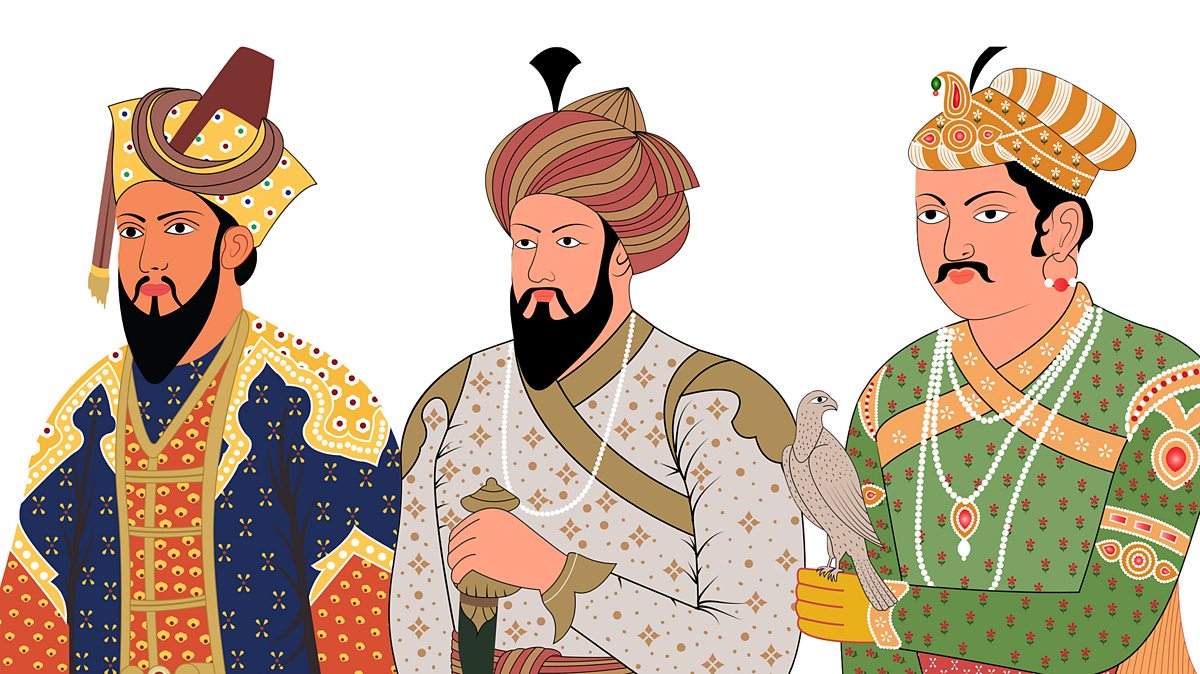Preserving Agro-Tribal Diversity through Empowering Policies
Context:
India can preserve its rich agro-tribal diversity by designing policies that respect, empower, and integrate the traditional agricultural knowledge of tribal communities. A well-structured organic farming policy must recognise the diversity of tribal agricultural systems rather than impose rigid, standardised frameworks.
Growth of Organic Farming in India: India has witnessed significant growth in organic farming over the past decade, with increasing area, production, and exports.
- Expansion of Organic Farming Area: The area under organic cultivation grew from 4.72 million hectares in 2015 to 10.17 million hectares in 2023, covering 2.6% of India’s total agricultural land.
- Increase in Organic Production: Organic production reached 2.9 million metric tonnes by 2023.
- Government Recognition: Sustainable agriculture, including organic farming, zero-budget farming, and chemical-free practices, has been emphasised in budgetary speeches at least seven times between 2015 and 2025.
Tribal Communities and Organic Farming: A strong link exists between organic farming and India’s tribal populations, who have practiced sustainable agriculture for centuries.
- Leading Organic States and Tribal Population:
- Madhya Pradesh (26%), Maharashtra (22%), Gujarat (15%), and Rajasthan (13%) contribute 76% of India’s organic farming area.
- These states, along with Odisha, are home to 73.7% of India’s tribal population.
- Historical Agricultural Practices: Tribal communities have long followed eco-friendly farming techniques such as agroforestry, mixed cropping, and biodiversity conservation.
- Global Recognition: India holds the world’s second-largest cultivable organic area and has the highest number of organic farmers globally (55% of total organic producers worldwide).
Challenges in Certification and Market Access: Despite their deep-rooted sustainable practices, tribal farmers face challenges in obtaining organic certification and accessing markets.
- Certification Barriers: Over 50% of tribal organic farmers in Madhya Pradesh and Odisha struggle with Participatory Guarantee System (PGS) certification due to rigid national frameworks.
- Shift from Traditional Crops: UNDP studies indicate that certification pushes tribal farmers towards cash crops like soybeans and cotton, reducing the cultivation of traditional crops like millets and sorghum.
- Loss of Agricultural Autonomy: Policies often prioritise statistical targets over community needs, eroding traditional knowledge and disrupting agricultural autonomy.
Need for Context-Specific Policy Approaches: A ‘one-size-fits-all’ approach is ineffective and risks threatening the cultural integrity of tribal farming systems.
- Diverse Agricultural Systems: Policies should build on tribal traditions rather than replacing them with rigid certification norms or market-driven models.
- Recognition of Traditional Knowledge: Indigenous farmers’ deep understanding of biodiversity should be respected and integrated into policy frameworks.
- Avoiding External Disruptions: Policies must prevent external interventions that undermine traditional agricultural autonomy.
Cooperative Models for Tribal Organic Farming: Cooperative frameworks can enhance market access and ensure fair compensation for tribal farmers.
- Successful International Examples:
- Thailand: Tribal farmers have organised cooperatives to sell organic jasmine rice.
- Peru: Indigenous farmers successfully export organic quinoa through cooperative networks, bypassing exploitative middlemen.
- Potential for India:
- India can replicate and adapt such models to empower tribal farmers.
- The concept of “Brand Tribes” can market and promote organic products grown by tribal farmers.
- Digital platforms and direct farm-to-consumer models can connect tribal farmers with buyers who value sustainable and ethical products.
Way Forward: A Community-Led Approach
- Any organic farming policy must be community-led, culturally sensitive, and inclusive.
- Active Tribal Participation: Policy decisions should involve Free, Prior, and Informed Consent (FPIC) from tribal communities.
- Empowering Local Decision-Making: Instead of imposing external policies, the government should consult tribal farmers to ensure that interventions align with their traditional knowledge.
- Economic and Cultural Sustainability: By shaping inclusive policies, India can preserve agro-tribal diversity, promote sustainable land use, and ensure that economic benefits flow directly to tribal communities.
By respecting, empowering, and integrating tribal agricultural systems, India can strengthen its organic farming sector while


